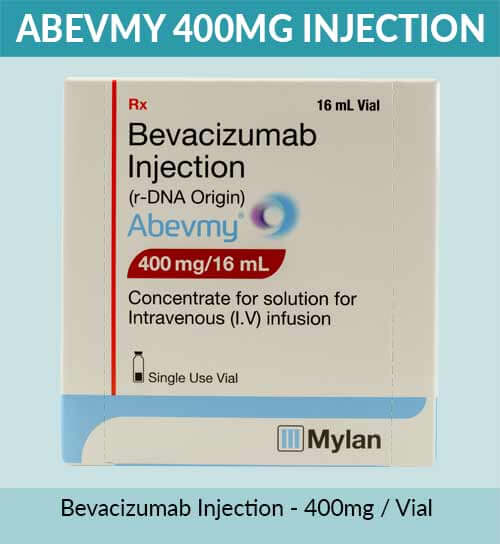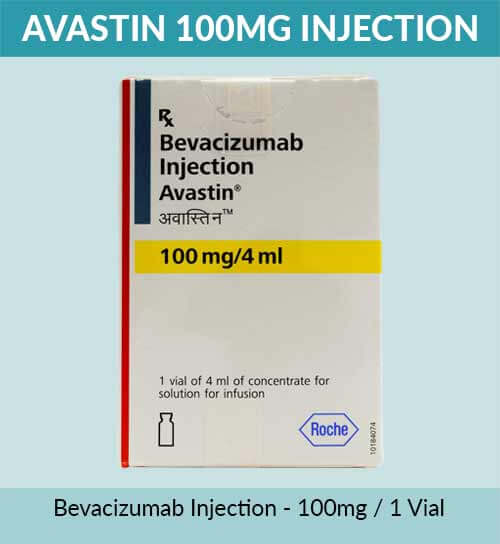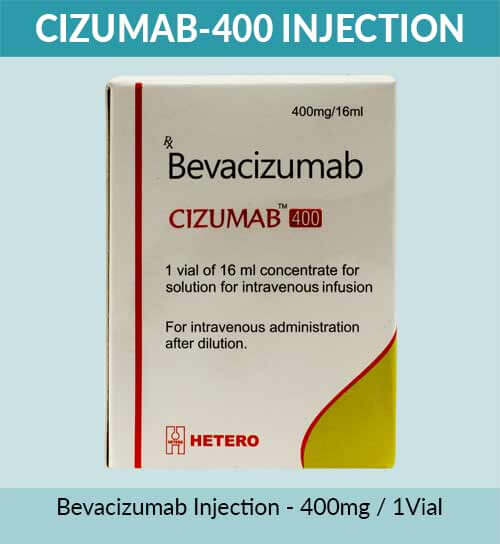Bevacizumab
Bevacizumab is a medication used in the treatment of various types of cancer. It belongs to a class of drugs known as anti-angiogenic agents.
Bevacizumab works by inhibiting the activity of vascular endothelial growth factor (VEGF), a protein that plays a critical role in the formation of new blood vessels. By blocking VEGF, bevacizumab helps to prevent the growth of new blood vessels that supply nutrients and oxygen to cancer cells. This can slow down the progression of cancer and reduce its ability to spread.
The medication is typically administered intravenously and may be used in combination with other cancer treatments, such as chemotherapy or targeted therapies. The specific dosage and treatment regimen are determined by the healthcare provider based on the type and stage of cancer, as well as other individual factors.
Common side effects of bevacizumab may include high blood pressure, proteinuria (abnormal levels of protein in the urine), bleeding or clotting disorders, and gastrointestinal perforation. More serious side effects, such as heart problems or impaired wound healing, can occur but are less common. Regular monitoring of blood pressure and other parameters may be recommended during treatment.
Bevacizumab should only be used under the guidance and prescription of a qualified healthcare professional experienced in the treatment of cancer. It may interact with other medications, so it is important to inform the healthcare provider about all medications being taken, including over-the-counter drugs and supplements.
In summary, bevacizumab is a medication used in the treatment of various types of cancer. It inhibits the activity of VEGF to prevent the growth of new blood vessels that supply cancer cells. Regular monitoring and adherence to healthcare provider instructions are important during bevacizumab treatment.
Note – The brand names and product descriptions used on this site are for informational purposes only and are the property of their respective owners.



